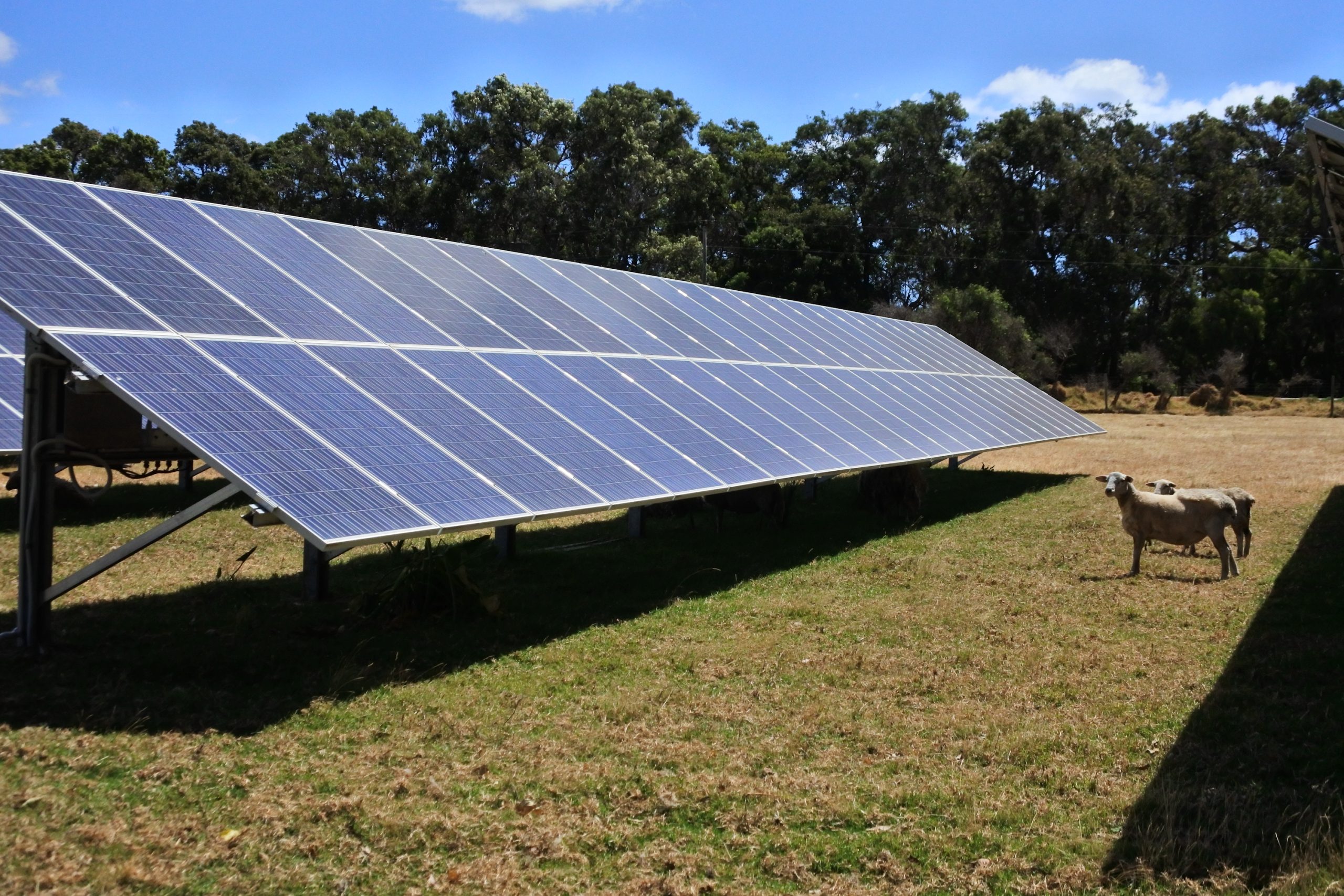
Program Lead
Marit Kragt
Marit is a Professor in Agricultural and Resource Economics and Director of the Centre for Agricultural Economics and Development at the University of Western Australia. Her research focuses on farmers' decision making, with a specific focus on adoption of greenhouse gas mitigation. Marit completed a BSc in Environmental Science and MSc in Environmental Management at Wageningen University, the Netherlands, and a Master in Economics and PhD at the Australian National University. Her expertise lies in interdisciplinary research, agricultural economics, climate change abatement, and non-market environmental valuation.
